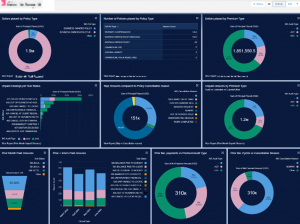Last year California Governor Jerry Brown signed a collection law with new requirements for consumer debt collectors licensed in California.
Under the Rosenthal Fair Debt Collection Practices Act, which is California’s version of the Fair Debt Collection Practices Act (FDCPA), this new collection law will require collectors to inform debtors once
Time-barred debt, also called zombie debt, refers to money a consumer borrowed and didn’t repay, but which is no longer collectible because of the statute of limitations.
This type of debt is typically purchased from the original creditor (or another collection agency) for pennies on the dollar.
The amount of time a debt remains collectible varies by state, but in California, the statute of limitations is four years.
Past this amount of time, the debtor cannot be sued for the debt, but they can still pay it if they want to.
The new collection law, Assembly Bill 1526, also includes several amendments that took effect on January 1, 2019.
According to the law and its amendments, the first written communication between a debtor and collector must state:
“The law limits how long you can be sued on a debt. Because of the age of your debt, we will not sue you for it. If you do not pay the debt, [insert name of debt collector] may [continue to] report it to the credit reporting agencies as unpaid for as long as the law permits this reporting.”
For debts that cannot be reported under the Fair Credit Reporting Act (FCRA), the collector must state:
“The law limits how long you can be sued on a debt. Because of the age of your debt, we will not sue you for it, and we will not report it to any credit reporting agency.”
The amendments also add a new section:
“When the period in which an action must be commenced under this section has run, a person shall not bring suit or initiate
For more information on Assembly Bill 1526, see it in its entirety on the California legislative information website.





